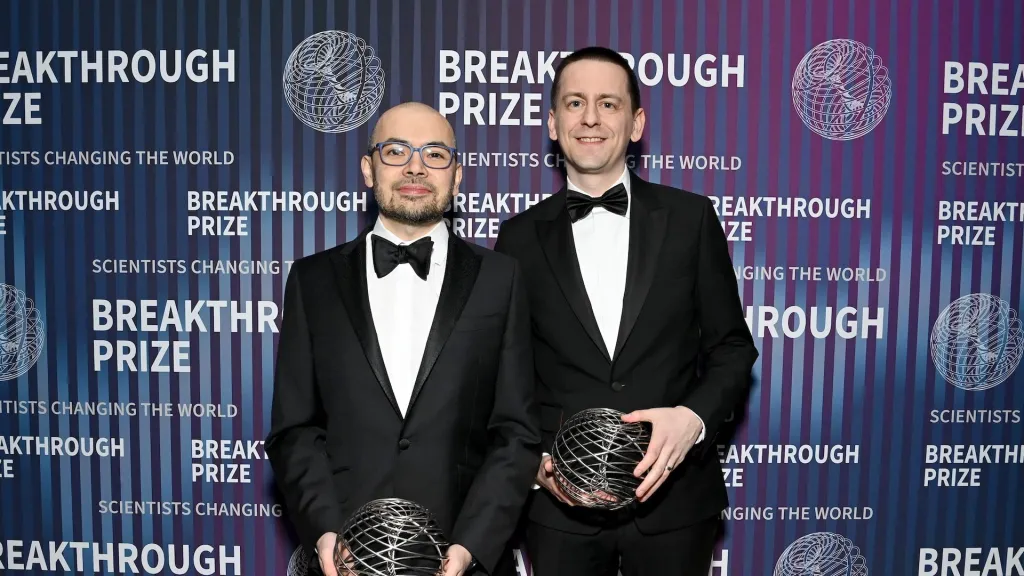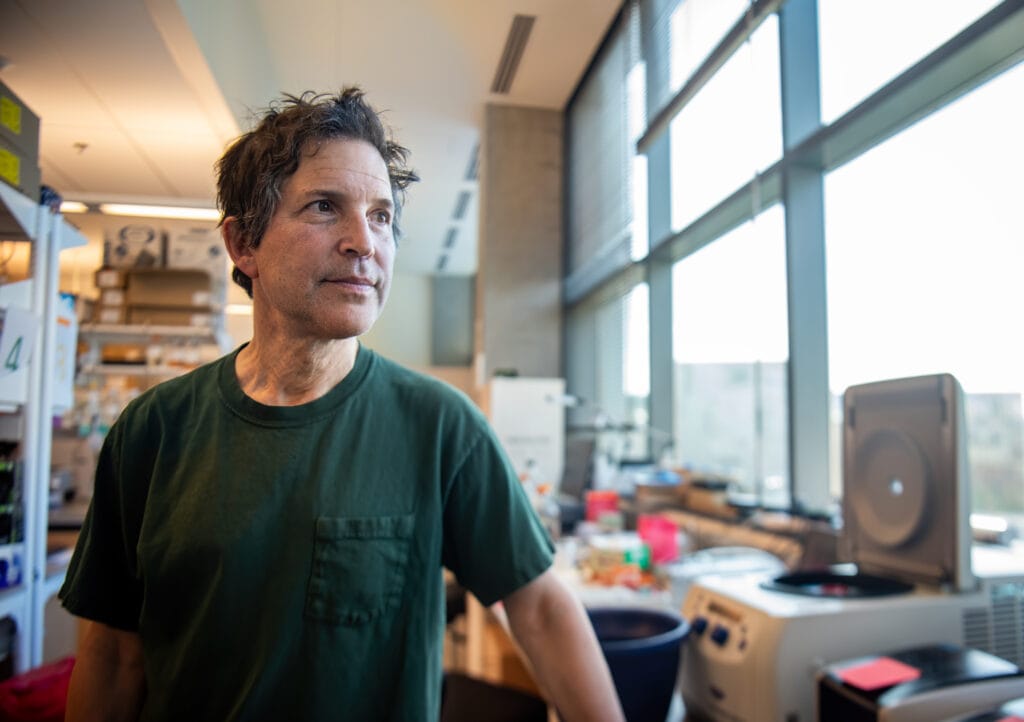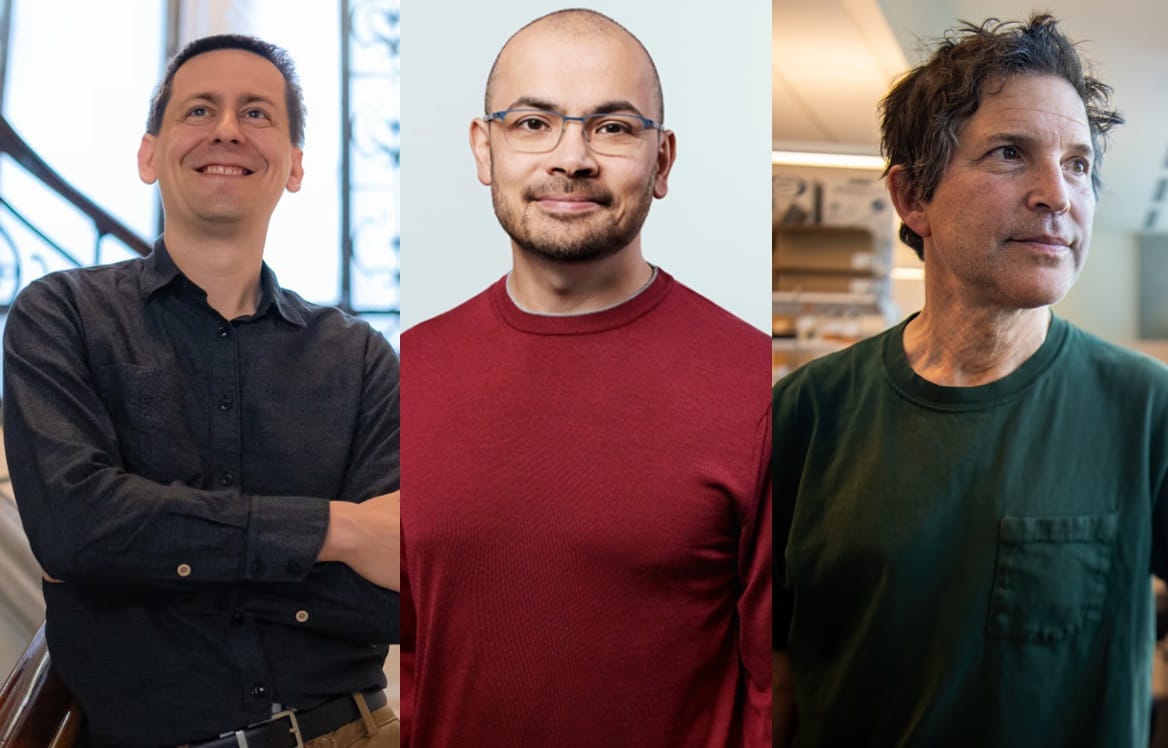David Baker’s Nobel Prize win in chemistry has turned heads worldwide. His groundbreaking work, alongside Demis Hassabis and John Jumper, has transformed the landscape of protein science, with implications that stretch far beyond the laboratory. This trio has been honored for their innovations in computational protein design and protein structure prediction, earning them the Nobel Prize in Chemistry 2024.
The Journey to the 2024 Chemistry Nobel Prize
Baker’s path to the Nobel Prize began at the University of Washington, where he pioneered the field of computational protein design. This journey led to the development of Rosetta, a tool now used by researchers globally to predict the structures of proteins.
More Like This: When Was the Last Category 5 Hurricane in Florida?
Over time, his focus shifted from merely understanding naturally occurring proteins to designing new ones, a process known as de novo protein design. This approach has opened the door to innovations in medicine, energy, and technology, allowing scientists to create proteins with novel shapes and functions.
Breakthroughs by Hassabis and Jumper

Demis Hassabis and John Jumper, both from Google DeepMind, brought artificial intelligence to the forefront of protein science. In 2020, they cracked the code of predicting protein structures using AI, which was once considered an unsolvable puzzle.
Their AI model can predict the structures of virtually 200 million proteins, transforming how we understand the building blocks of life.
Their contribution to the field not only earned them the Nobel Prize in Chemistry 2024 but also highlighted the synergy between computational tools and artificial intelligence. Together with Baker, they have unveiled new possibilities for medical therapies and biotechnological applications.
The Impact of David Baker’s Chemistry Innovations

Baker’s revolutionary approach to protein design is reshaping scientific research. His work has already led to the creation of proteins that act as vaccines, nanomaterials, and sensors, showing potential to tackle modern challenges in global health and technology.
By focusing on computational protein design, Baker has demonstrated that innovation in chemistry can pave the way for life-changing therapies and cutting-edge technologies.
Moreover, Baker’s philosophy of tackling problems wholeheartedly has inspired a new generation of scientists to push the boundaries of what’s possible in protein engineering. His mantra, “If you’re going to tackle a problem, you should really go all out,” captures his dedication to advancing scientific understanding.
The Future of Protein Design and Nobel Legacy
As Baker, Hassabis, and Jumper continue their groundbreaking research, the future of protein design looks promising. Their collective work not only addresses some of the most challenging questions in biochemistry but also lays the groundwork for new discoveries that could change the world. The Nobel Prize 2024 in chemistry recognizes these achievements as milestones in scientific progress.
More Like This: The Housemaid: The new thriller you won’t want to miss
Looking ahead, the focus on designing synthetic proteins could lead to more targeted treatments for diseases, advanced materials for technology, and innovative solutions for energy. With the support of global research communities, their methods might be the key to unlocking new realms of scientific potential.
David Baker’s role in these advances has cemented his place in history as a visionary in the field of computational protein design, making the Nobel Prize in Chemistry 2024 a well-deserved recognition of his lifelong dedication and breakthroughs.
The Baker Nobel story is one of relentless pursuit, innovative thinking, and transformative science. Together with Hassabis and Jumper, Baker’s contributions are pushing the boundaries of what we know about protein structure and function. Their collective impact on chemistry will continue to resonate, shaping the future of research and applications in medical, technological, and environmental fields.








